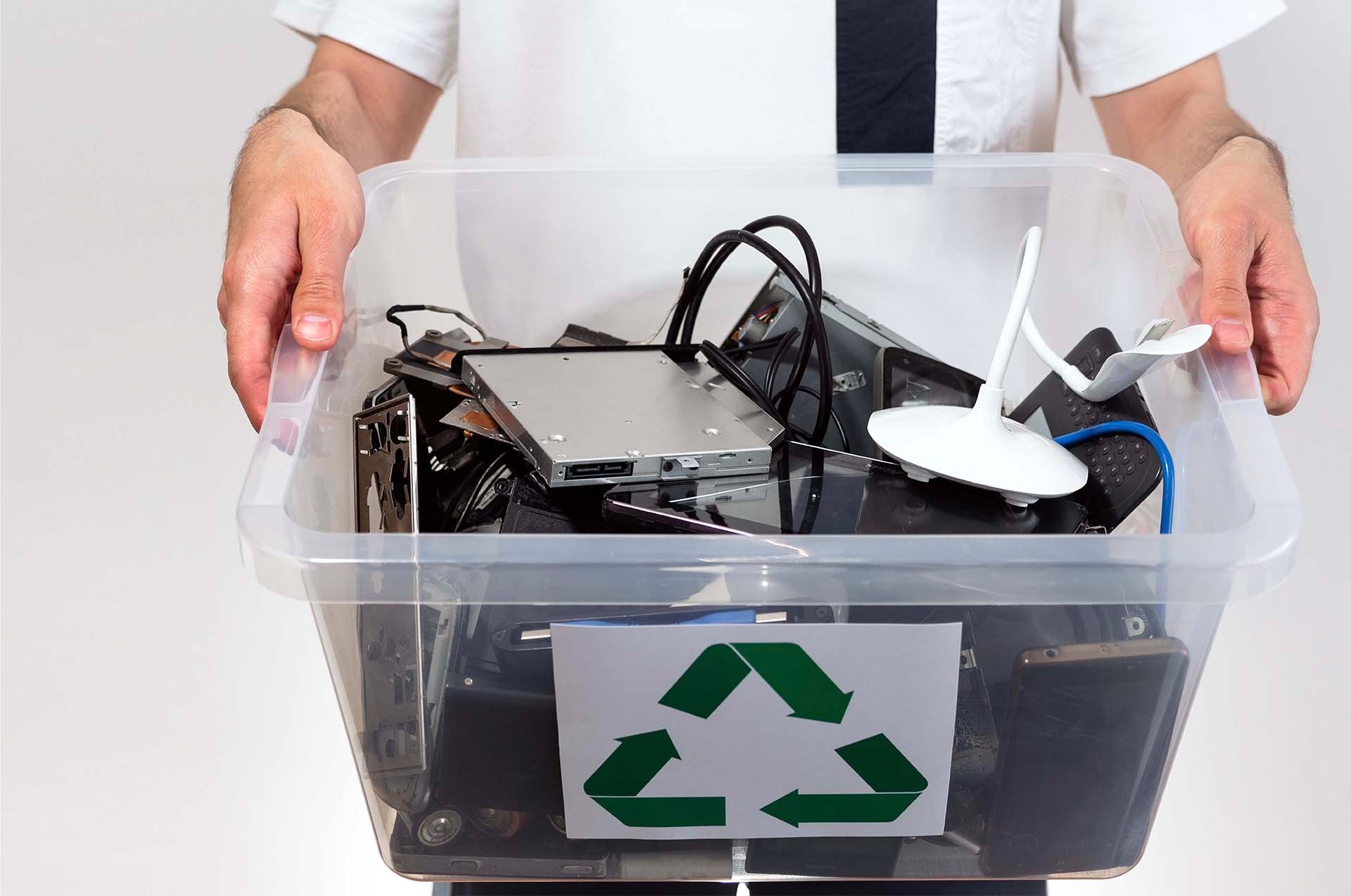In today’s digital age, technology plays an integral role in our lives, from smartphones and laptops to smart appliances and electric vehicles. However, with the rapid advancement of technology, there comes a significant downside: electronic waste, or e-waste, which poses environmental and health hazards. This article delves into the critical role that tech industries play in promoting recycling and managing e-waste efficiently.
Understanding the E-Waste Problem
E-Waste: A Growing Concern
The proliferation of electronic devices has led to an exponential increase in e-waste. E-waste comprises discarded electronic equipment and components, including old computers, televisions, cell phones, and more. This waste stream is characterized by hazardous materials like lead, mercury, and cadmium, making it a major environmental concern.
Environmental Impact
When improperly disposed of, e-waste can contaminate soil and water, harm ecosystems, and contribute to greenhouse gas emissions. To combat these environmental challenges, it is essential to implement responsible e-waste management practices.
The Tech Industry’s Responsibility
Producer Responsibility
Tech industries play a crucial role in the life cycle of electronic products, from design and manufacturing to disposal. Many countries have introduced extended producer responsibility (EPR) regulations, which hold tech companies accountable for the management and recycling of the products they produce. This approach incentivizes companies to design products with recyclability in mind.
Eco-Friendly Design
One way tech industries can promote recycling is by incorporating eco-friendly design principles. This includes designing products that are easy to disassemble, reuse, or recycle. Sustainable materials and modular components are key elements of eco-friendly design.
Recycling Initiatives
Many tech giants have launched recycling initiatives to encourage customers to return their old devices. Programs like Apple’s “GiveBack” and Dell’s “Reconnect” allow customers to recycle their old electronics easily. These initiatives not only divert e-waste from landfills but also promote responsible consumer behavior.
Challenges in E-Waste Management
Global Nature of E-Waste
E-waste is a global problem, and its management requires collaboration between governments, industries, and consumers worldwide. The cross-border movement of e-waste presents challenges, making international agreements and regulations essential.
Informal Recycling Practices
In many regions, e-waste is managed through informal recycling practices, often involving unsafe and environmentally harmful methods. Tech industries can help combat this by supporting formal recycling facilities and promoting safe disposal practices.
Technological Innovations
Advanced Recycling Technologies
Tech industries can contribute significantly to e-waste management by investing in advanced recycling technologies. Innovations like automated e-waste sorting systems, chemical recycling, and the recovery of valuable materials from e-waste can make recycling more efficient and cost-effective.
Data Security Concerns
The tech industry also faces unique challenges when recycling electronic devices, particularly concerning data security. Ensuring that personal data is securely wiped or destroyed is crucial when recycling smartphones, laptops, and other devices.
Future Outlook
Circular Economy Approach
The concept of a circular economy, where products are designed for reuse and recycling, is gaining momentum. Tech industries can lead the way by adopting this approach, which not only reduces e-waste but also conserves resources and minimizes environmental impact.
Education and Awareness
Promoting education and awareness about responsible e-waste management is essential. Tech companies can collaborate with schools, communities, and environmental organizations to educate consumers about the importance of recycling electronics.
Conclusion
The management of e-waste is a pressing global issue, and tech industries have a pivotal role to play in addressing it. By embracing eco-friendly design, supporting recycling initiatives, investing in advanced technologies, and promoting responsible consumer behavior, tech companies can make a significant difference in reducing the environmental and health impacts of e-waste. As technology continues to advance, it is imperative that the tech industry remains committed to sustainable practices and takes a proactive stance in managing e-waste for the well-being of our planet and future generations.

